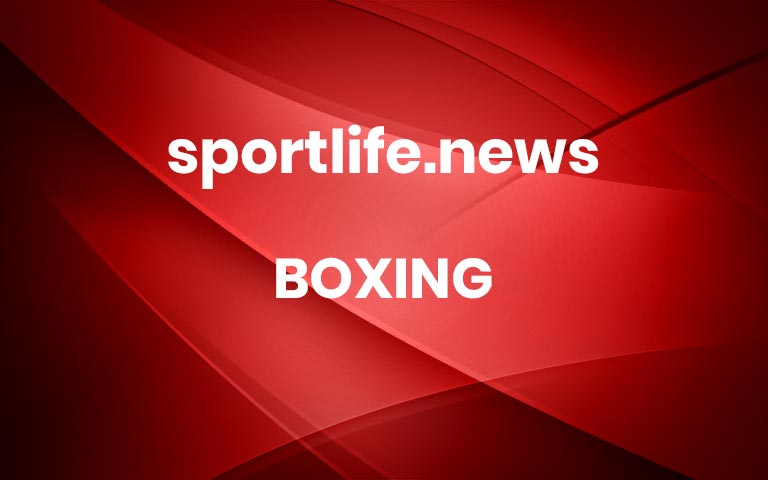Anthony Joshua sends emotional message to Dave Allen after boxer’s heroic battle with suicide and gambling demons
ANTHONY JOSHUA hailed Dave Allen’s emotional journey from suicidal gambling addict to heavyweight boxing hero. Allen has been open and honest about suffering from depression after blowing hundreds of thousands through betting.Dave Allen celebrates knocking out Johnny FisherCredit: GettyAnthony Joshua hailed Allen onlineCredit: GettyBut the father-of-two has turned his life and career around with the help of his family while always remaining a favourite among British fans.And Allen scored the biggest and perhaps most brutal win of his career after knocking out Johnny Fisher in round five of their rematch.The win was widely celebrated by supporters who have lived every inch of Allen’s rollercoaster career – with AJ just one of his admirers. Joshua, 35, posted: “Dave was suicidal, a gambling addict who everyone thought was finished a few years ago. READ MORE IN BOXING”Now he’s got a family, a few hundred thousand to his name and got his biggest win.” Allen, 33, left Saudi Arabia in December with a controversial split-decision loss to Fisher, 26, despite scoring a fifth-round knockdown. But he took it out of the judges hands at the Copper Box re-run after flooring Fisher – again in round five – with a clubbing right hand. And with just seconds remaining in the round, Allen knocked Fisher out with a massive left hook following on from a combination to the body. Most read in BoxingHe said afterwards: “This means everything to me. I’ve been written off so many times.”You know what it means? The belt, everything, my kids. I’m gonna have an en suite, they’ll have their own bathroom between them.Shocking moment boxing referee is viciously attacked by several men in ring after fight before he is sent flying”At this level, I’m a handful. He overexaggerated the movement, which worked against him.”I’ve got experience, I know the game inside-out. I’m him, but with 30 more fights basically.”He’s my friend. He’s a very good friend of mine. I wouldn’t allow [a trilogy fight] to happen, because it’s not in his best interests.”Fisher was left needing oxygen after the stoppage but took to Instagram to say: “I weren’t good enough tonight but that’s what boxing is all about and that’s what sport is all about.”The best people keep coming and keep going and don’t let one little blip get them down.”Allen knocked Fisher out with a brutal left hookCredit: PAAllen made sure not to leave it to the judgesCredit: PAFisher needed oxygen in the aftermathCredit: Getty More




